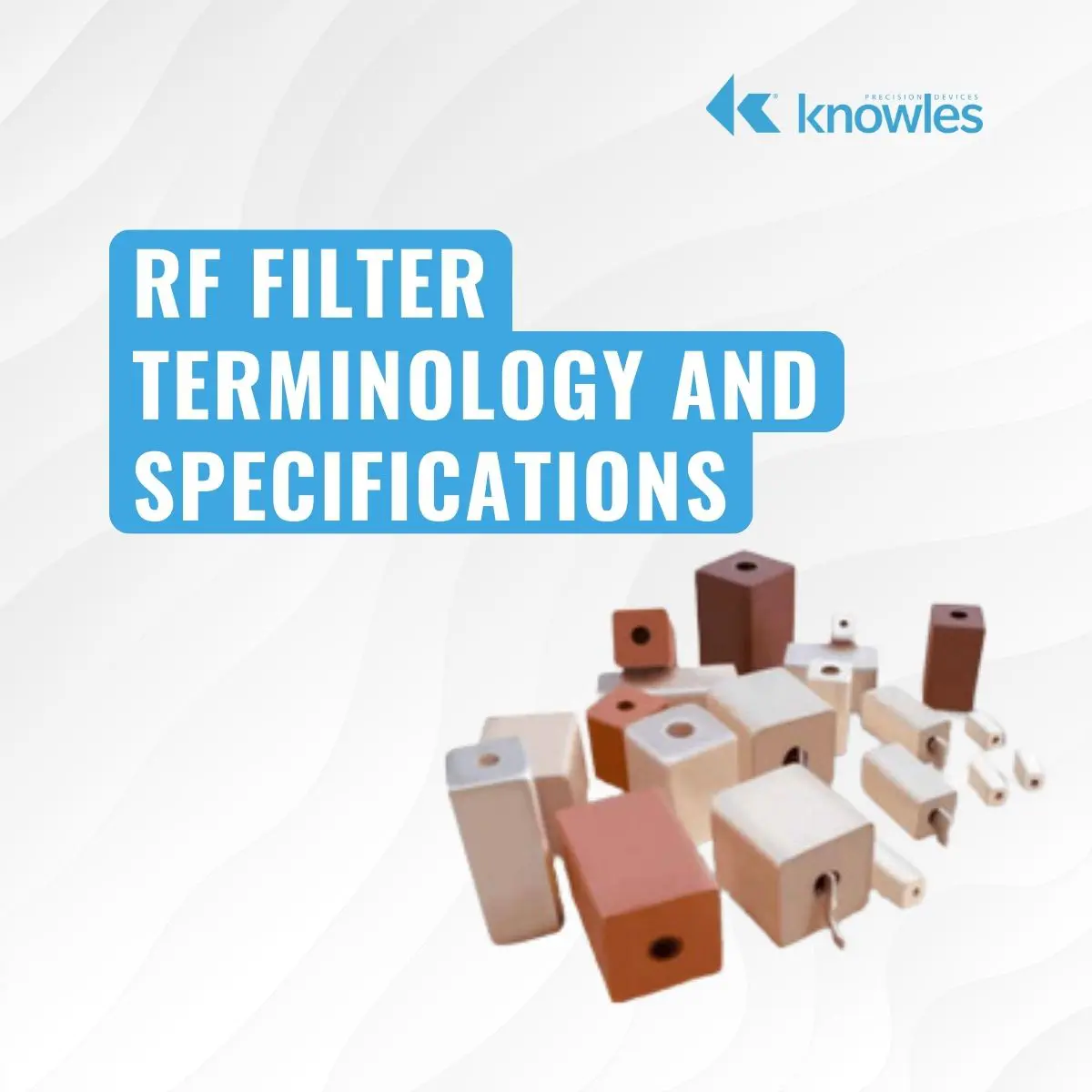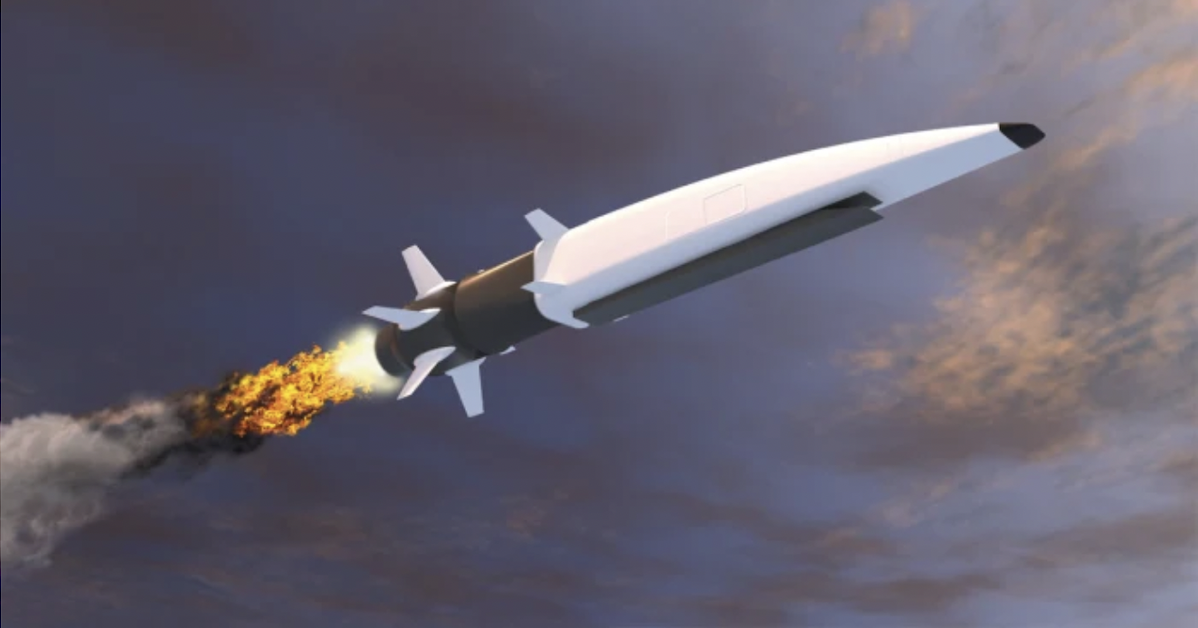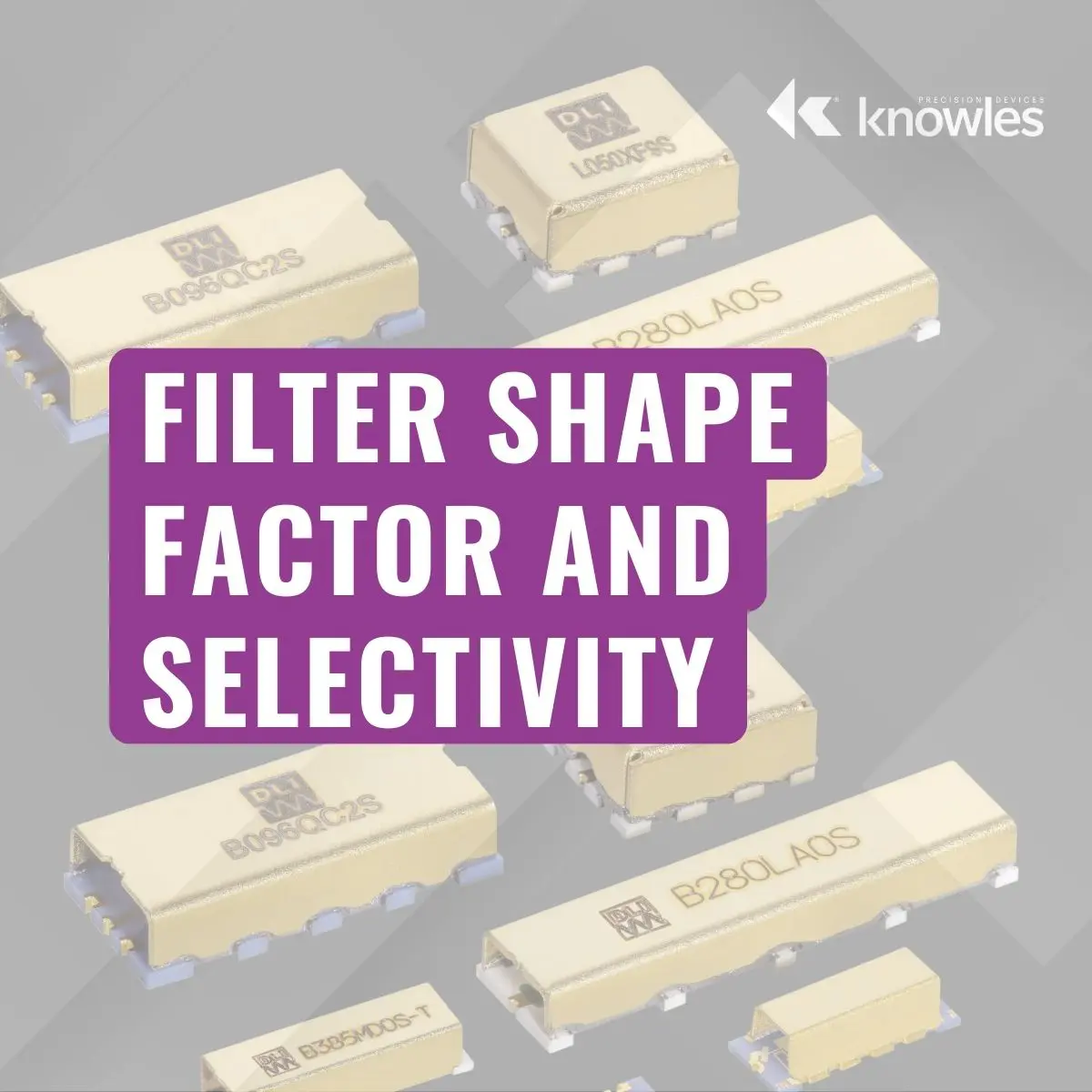Heterogeneous integration (HI) refers to the process of combining a set of electronic components with different functions and material compositions into a single, compact system. Particularly in radio frequency (RF) and microwave applications, HI-based designs accommodate higher functional density and better performance when implemented with application-specific requirements in mind. Integrated Passive Devices (IPDs), like conductors, resistors, vias, traces, and bridges, play a significant role in HI because they’re largely responsible for the resulting performance optimization when components combine.
Peter Matthews

Recent Posts
Heterogeneous Integration for Electronics Design in RF and Microwave
Topics: Build to Print
One of the things all technical disciplines excel at is creating terminology that can trip up those who are not accustomed to speaking the language every day. Take the title of this article for example. These three words sound similar and are definitely inter-related, but they are not inter-changeable.
Topics: RF and Microwave
Leveraging Thin Film on Ceramic Substrates for Interconnects and Interposers
Innovation in advanced packaging was driven, in part, by advancements in interposer design and construction. Interposers are electronic components designed to sit within a package and connect different circuits and components via interconnects. Thin film interconnects are standard in high-frequency components and subsystems where transmission line widths are small (i.e., .005” and under) to improve overall system performance. They also support high-power applications where thermal conductivity is more of a concern and certain materials like beryllium oxide and aluminum nitride are more commonly used.
Topics: Build to Print
Thin Film Integrated Passive Devices at Knowles Precision Devices
Resistors, inductors, and capacitors are the most common passive electronic components; they’ve long been available at different price points with different capabilities. Heightening expectations for performance in today’s advanced electronics environment mean we need equally advanced processes for creating components.
Topics: Build to Print
Build-to-Print Services for Thin Film Circuit Design and Construction
As the name implies, “thin film” is a precisely deposited layer of material used to fabricate electronic components. “Thin” can mean as little as a fraction of a nanometer thick. Circuits constructed with thin film are used in a wide range of electrical and optical applications, but they are most advantageous when high-frequency performance, tight tolerances, thermal conductivity, and long-term reliability are paramount concerns. Particularly in the high-frequency microwave space, small size, line definition, and repeatable construction offer significant performance benefits.
Topics: Build to Print
To choose the right filter for your application, you'll need to evaluate filter type, identify the specific filter technology that best suits your application, and ensure the filter meets your required specifications. This post is designed to serve as a quick reference on the common terms that are used to discuss filter type, technology, and specifications.
To start, there are four key Filter behaviors that sort them into types: Low Pass, High Pass, Band Pass, and Band Stop.
Topics: RF and Microwave
According to the U.S. Bureau of Transportation Statistics, electric vehicle (EV) sales in the U.S. reached record high monthly volume in March 2021 and continued to rise, nearly doubling in 2021. This marks the sixth consecutive year of growth in electric vehicle (EV) sales and the demand is continuing to grow.
Topics: Automotive, Electric Vehicles
Achieve the Best Performance for Your Thin Film RF Devices
As the demand for faster communications across consumer and commercial devices continues to increase, operating frequencies of RF devices are being pushed higher and higher. This creates a number of challenges for RF device designers, as filter size must be reduced to compensate for smaller device sizes and shorter wavelengths while also maintaining high levels of performance. While surface mount technology (SMT), and in particular microstrip implementations, are an excellent option to meet these demands, it is important to note that not every SMT microstrip filter is created equal. There are a variety of choices to discuss with your filter supplier, such as substrate type, plating technology, and topology that can dramatically reduce the size and increase the performance of an SMT microstrip filter. One particular choice that Knowles Precision Devices has guided customers through for decades is the decision to use thin film for these filters.
Topics: RF and Microwave, Filtering, Build to Print
High Reliability for High Stakes: Electronics Components Powering Hypersonic Missiles
As countries around the world continue to work on more sophisticated ways to conduct military missions – including weaponry that can reach intended targets quicker with even greater accuracy while remaining virtually undetectable – aerospace and defense companies are pushing the missile speed boundaries. Military aircraft and weaponry today are capable of traveling at supersonic speeds and are even entering hypersonic speed territory.
Topics: Military and Aerospace, High Reliability
The Ideal Filter would have unit gain (0dB) in its pass band and a gain of zero (-infinity dB) in its stop band. Between pass band and stop band there would be no indecision and would transition from 0dB to -infinity dB asymptotically. It would pass only the required frequencies without adding or subtracting anything from the signal and like a very discrete and fastidious butler we would not see it - just its perfect management of the frequencies in its care.
Topics: RF and Microwave










